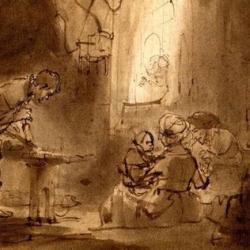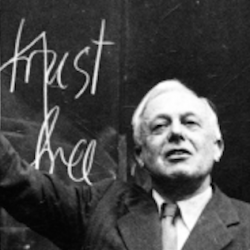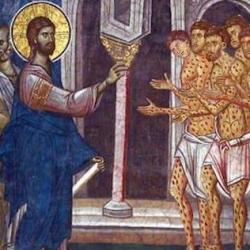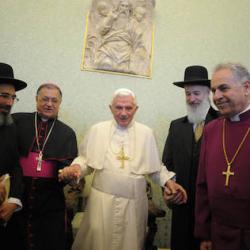Peter Brown reviews of Sarah Ruden’s new translation of Augustine’s Confessions in this weeks New York Review of Books. I can’t speak to the translation, but I can speak to the reviewer: Everything Peter Brown writes is worth reading. He comments on Ruden’s decision to translate dominus as “master” (as in master of slaves) rather than as “Lord.” Brown thinks Ruden captures some tonalities that might otherwise be missed, but gently worries that Ruden might underplay “Augustine’s images of the tenderness of God.”... Read more




















